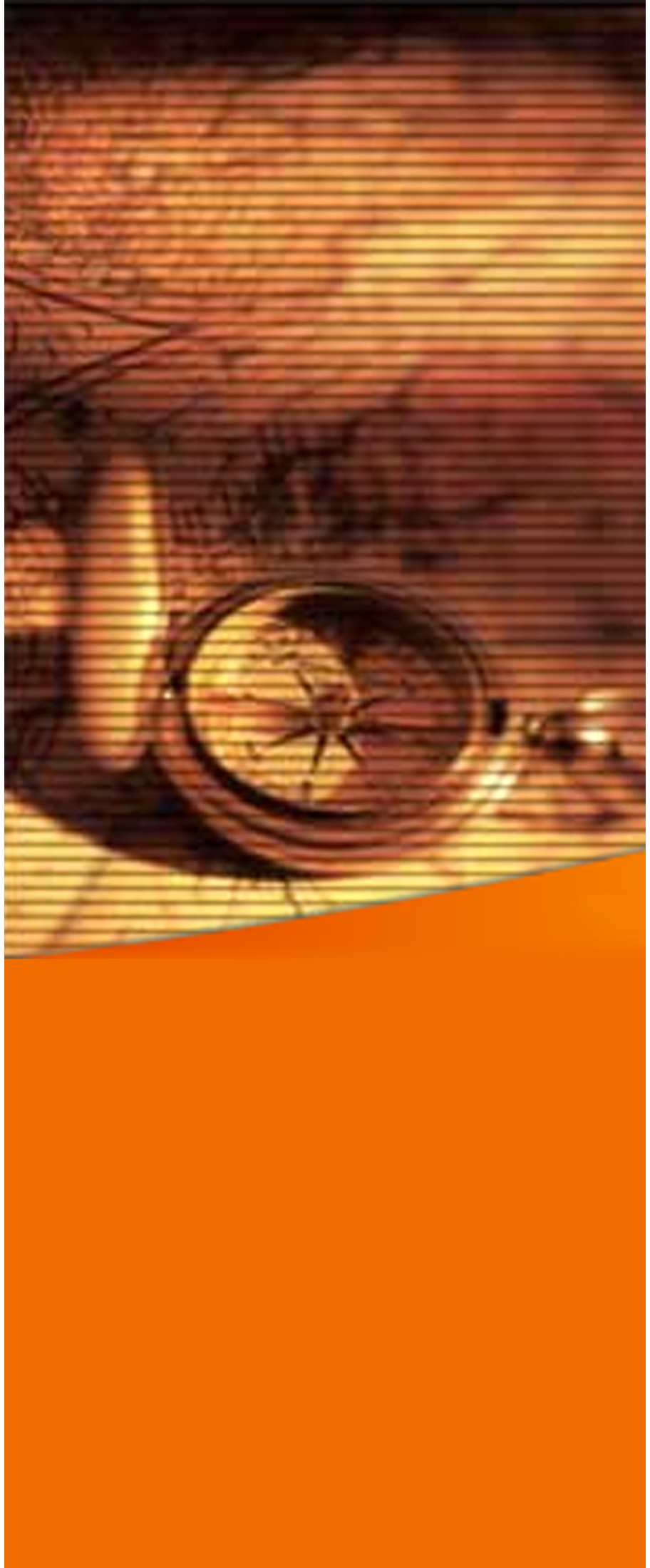
Close Window to Exit
Success Strategies
First Edition, Volume I: August 2006
Part I - Study Skills and Strategies
Oral Examinations
The oral exam is an opportunity for you to demonstrate your knowledge, your presentation/speaking skills, as well as your ability to communicate. They can also be good practice for job interviews!
The exam can be formal, or informal, but you should consider all exams formal exchanges in order to make a good impression. For both types, you must listen carefully to the question, and answer directly.
Formal exams follow a list of questions in a prepared format. The criteria for evaluation is usually set in a right/wrong format, and can be competitive. For this type of exam, if you wish to add "related" or qualified information, ask permission first as a courtesy.
Informal exams are more open, your responses are usually longer, and evaluations can be more subjective. Answers are often less exact (right/wrong), and value is added for problem solving analysis and method, as well as interpersonal communication and presentation.
There are three components to a successful oral exam:
Preparation
1.Ask your teacher what will be on the exam.
2. Study. If you do not study, you will not do well.
3. Write out questions you expect to be asked, then
Discuss answering techniques with people in the field or who have had the test
Practice answering with classmates
Practice in a similar setting, in front of a mirror, to evaluate your "manner"
Verify the date, time and location; confirm these with your instructor
If you use computing, projection, or media systems,
practice with the equipment the day before, and verify an hour or so before the test if possible.